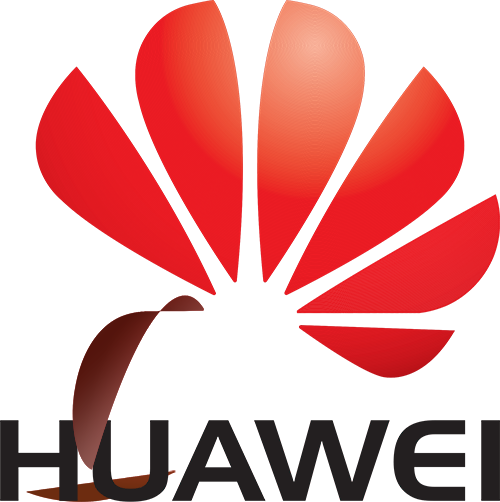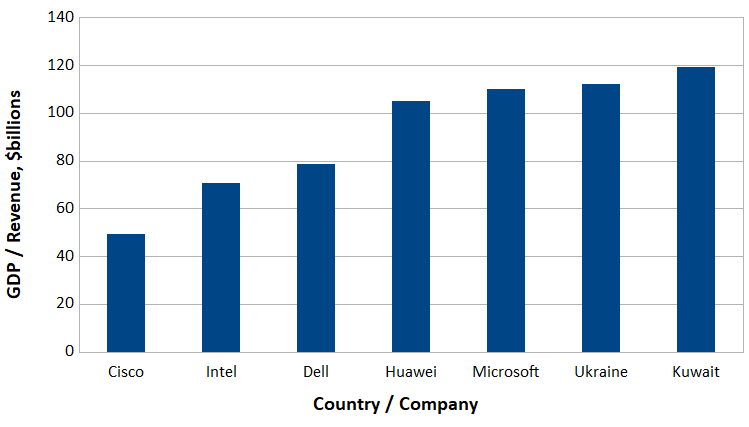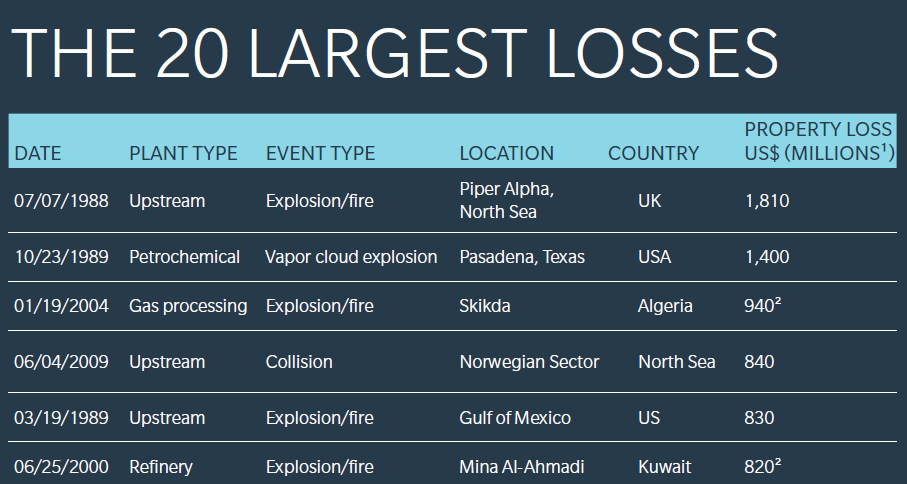
Starting March 5, 2023, Target offers Circle Members (free to join): 1-Year Tripadvisor Plus Membership for Free.

Monster Hunter Rise seems to be selling well, but now that millions of people have their hands on it, they're starting to discover little nuances: good and bad. In this case it's kind of bad.
The bug is none other than a save lockout situation, which is incredibly scary for some folks who have already put in a lot of time with it. Capcom doesn't outright say that it "deletes" your data or anything like that, it can just "prevent you from opening it." I know! But it seems fixable and Capcom is on the case.
Here's the full statement from Capcom so you have all the info: "We're aware of an issue with the Action/Hurt Pose DLC gestures where setting either to the action bar and quitting the game can cause an error preventing you from opening the same save file the next time you launch the game. We're working on an update to fix this ASAP."
In the meantime, Capcom suggests that you "avoid" these gestures via the action bar and/or remove them ASAP from yourself now, before the bug occurs. Capcom then clarified later that "this also occurs when setting the action/hurt pose to the radial menu."
As a refresher, Monster Hunter Rise has a host of voiced lines, emotes, and pictures that help facilitate online groups and break the language barrier. The Action/Hurt pose is one of those actions you can do in-game. Be careful!
Monster Hunter [Twitter]

When I heard that ARM was to stop doing business with Huawei, I was a little bit puzzled as to how that worked: ARM is a British company owned by a Japanese conglomerate; how was the US able to extend its influence beyond its citizens and borders? A BBC report indicated that ARM had concerns over its US origin technologies. I discussed this topic with a friend of mine who works for a different non-US company that has also been asked to comply with the ban. He told me that apparently the US government has been sending cease and desist letters to some foreign companies that derive more than 25% of their revenue from US sources, threatening to hold their market access hostage in order to coerce them from doing business with Huawei.

Thus, America has been able to draw a ring around Huawei much larger than its immediate civilian influence; even international suppliers and non-citizens of the US are unable to do business with Huawei. I found the intent, scale, and level of aggression demonstrated by the US in acting against Huawei to be stunning: it’s no longer a skirmish or hard-ball diplomacy. We are in a trade war.
I was originally under the impression that the power to pull this off was a result of Trump’s Executive Order 13873 (EO13873), “Securing the Information and Communications Technology and Services Supply Chain”. I was wrong. Amazingly, this was nothing more than a simple administrative ruling by the Bureau of Industry and Security through powers granted via the “EAR” (Export Administration Regulation 15 CFR, subchapter C, parts 730-774), along with a sometimes surprisingly broad definition of what qualifies as export-controlled US technology. The administrative ruling cites Huawei’s indictment for willfully selling equipment to Iran as justification for commuting a broad technology export ban upon Huawei’s global operations.
Going Nuclear: Executive Order 13873
If a simple administrative ruling can inflict such widespread damage, what sorts of consequences does EO13873 hold? I decided to look up the text and read it.
EO13873 states there is a “national emergency” because “foreign adversaries” pose an “unusual and extraordinary threat to national security” because they are “increasingly creating and exploiting vulnerabilities in information and communications technology services”. Significantly, infocomm technology is broadly defined to include hardware and software, as well as on-line services.
It’s up to the whims of the administration to figure out who or what meets that criteria for a “foreign adversary”. While no entities have yet been designated as a foreign adversary, it is broadly expected that Huawei will be on that list.
According to the text of EO13873, being named a foreign adversary means one has engaged in a long-term pattern or serious instances of conduct significantly adverse to the national security of the US. In the case of Huawei, there has been remarkably little hard evidence of this. The published claims of backdoors or violations found in Huawei equipment are pretty run-of-the-mill; they could be just diagnostic or administrative tools that were mistakenly left into a production build. If this is the standard of evidence required to designate a foreign adversary, then most equipment vendors are guilty and at risk of being designated an adversary. For example, glaring flaws in Samsung SmartTVs enabled the CIA’s WeepingAngel malware to listen in on your conversations, yet Samsung is probably safe from this list.
If Huawei has truly engaged in a long-term pattern of conduct significantly adverse to national security, surely, some independent security research would have already found and published a paper on this. Given the level of fame and notoriety such a researcher would gain for finding the “smoking gun”, I can’t imagine the relative lack of high-profile disclosures is for a lack of effort or motivation. Hundreds of CVEs (Common Vulnerabilities and Exposures) have been filed against Huawei, yet none have been cited as national security threats. Meanwhile, even the NSA agrees that the Intel Management Engine is a threat, and has requested a special setting in Intel CPUs to disable it for their own secure computing platforms.
If Huawei were to be added to this list, it would set a significantly lower bar for evidence compared to the actions against similarly classified adversaries such as Iran or North Korea. Lowering the bar means other countries can justify taking equivalent action against the US or its allies with similarly scant evidence. This greatly amplifies the risk of this trade war spiraling even further out of control.
Supply Chains are an Effective but Indiscriminate Weapon
How big a deal is this compared to say, a military action where bombs are being dropped on real property? Here’s some comparisons I dug up to get a sense of scale for what’s going on. Huawei did $105 billion revenue in 2018 – 30% more than Intel, and comparable to the GDP of Ukraine – so Huawei is an economically significant target.

Above: Huawei 2018 revenue in comparison to other companies or country’s GDP.
Now, let’s compare this to the potential economic damage of a bomb being dropped on a factory: let’s say an oil refinery. One report indicated that the largest oil refinery explosion since 1974 caused around $1.8 billion in economic damage. So carving Huawei out of the global supply chain with an army of bureaucrats is better bang for the buck than sending in an actual army with guns, if the goal is to inflict economic damage.

Above: A section of “The 100 Largest Losses, 1974-2013: Large Property Damage Losses in the Hydrocarbon Industry, 23rd Edition”.
The problem is, unlike previous wars fought in distant territories, the splash damage of a trade war is not limited to a geographic region. The abrupt loss of Huawei as a customer will represent billions of dollars in losses for a large number of US component suppliers, resulting in collateral damage to US citizens and companies. Even though only a couple weeks have passed, I have first-hand awareness of one US-based supplier of components to Huawei who has gone from talks about acquisition/IPO to talks about bankruptcy and laying off hundreds of well-paid American staff; doubtless there will be more stories like this.
Reality Check: Supply Chains are Not Guided Missiles
The EAR was implemented 40 years ago, during the previous Cold War, as part of an effort to weaponize the US dollar. The US dollar’s power comes in part from the fact that most crude oil is traded for US dollars – countries like Saudi Arabia won’t accept any other currency in payment for its oil. Therefore sanctioned countries must acquire US dollars on the black market at highly unfavorable rates, resulting in a heavy economic toll on the sanctioned country. However, it’s worth taking a moment to note some very important differences between previous sanctions which used the US dollar as a weapon, and the notional use of the electronics supply chain as a weapon.
The most significant difference is that the US truly has an axiomatic monopoly on the supply of US dollars. Nobody can make a genuine US dollar, aside from the US – by definition. However, there is no such essential link between a geopolitical region and technology. Currently, US brands sell some of the best and most competitively priced technology, but also little of it is manufactured within the US. US may have one of the largest markets, but it does not own the supply chain.
It’s no secret that the US has outsourced most of its electronics supply chain overseas. From the fabrication of silicon chips, to the injection molding of plastic cases, to the assembly of smartphones, it happens overseas, with several essential links going through or influenced by China. Thus weaponizing the electronics supply chain is akin to fighting a war where bullets and breeches are sourced from your enemy. Victory is not inconceivable in such a situation, but it requires planning and precision to ensure that the first territory captured in the war hosts the factories that supply your base of power.
Using the global supply chain as a weapon is like launching a missile where your enemy controls the guidance systems: you can point it in the right direction, but where it goes after launch is out of your hands. Some of the first casualties of this trade war will be the American businesses that traded with Huawei. And if China chooses to reciprocate and limit US access to its supply chain, the US could take a hard hit.
Unintended Consequences: How Weaponized Trade Could Backfire And Weaken US Tech Leadership
One of the assumed outcomes of the trade war will be a dulling of China’s technical prowess, now that its access to the best and highest performing technology has been cut off. However, unlike oil or US dollars, US dominance in technology is not inherently linked to geographic territories. Instead, the reason why the US has maintained such a dominant position for such a long time is because of a free and unfettered global market for technology.
Technology is a constant question of “make vs. buy”: do we invest to build our own CPU, or just buy one from Intel or ARM? Large customers routinely consider the option of building their own royalty-free in-house solutions. In response to such threats, US-based providers lower their prices or improve their offerings, thus swinging the position of their customers from “make” to “buy”.
Thus, large players are rarely without options when their technology suppliers fail to cooperate. Huge companies routinely groom internal projects to create credible hedge positions that reduce market prices for acquiring various technologies. It just so happens the free market has been very effective at dissuading the likes of Huawei from investing the last hundred million dollars to bring those internal projects to market: the same market forces that drove the likes of the DEC Alpha and Sun Sparc CPUs to extinction have also kept Huawei’s CPU development ambitions at bay.
The erection of trade barriers disrupts the free market. Now, US companies will no longer feel the competitive pressure of Huawei, causing domestic prices to go up while reducing the urgency to innovate. In the meantime, Huawei will have no choice but to invest that last hundred million dollars to bring a solution to market. This in no way guarantees that Huawei’s ultimate solution will be better than anything the US has to offer, but one would be unwise to immediately dismiss the possibility of an outcome where Huawei, motivated by nationalism and financially backed by the Chinese government, might make a good hard swing at the fences and hit a home run.
The interest in investing in alternative technologies goes beyond Huawei. Before the trade war, hardly anyone in the Chinese government had heard about RISC-V, an open-source alternative to Intel and ARM CPUs. Now, my sources inform me it is a hot topic. While RISC-V lags behind ARM and Intel in terms of performance and maturity, one key thing it had been lacking is a major player to invest the money and manpower it takes to close the gap. The deep irony is that the US-based startup attempting to commercialize RISC-V – SiFive – will face strong headwinds trying to tap the sudden interest of Chinese partners like Huawei directly, given the politics of the situation.
Collateral Damage: Open Source
The trade war also begs a question about the fate of open source as a whole. For example, according to the 2017 Linux Foundation report, Huawei was a Platinum sponsor of the Linux Foundation – contributing $500,000 to the organization – and they were responsible for 1.5% of the code in the Linux kernel. This is more influence than Facebook, more than Texas Instruments, more than Broadcomm.
Because the administrative action so far against Huawei relies only upon export license restrictions, the Linux Foundation has been able to find shelter under a license exemption for open source software. However, should Huawei be designated as a “foreign adversary” under EO13873, it greatly expands the scope of the ban because it prohibits transactions with entities under the direction or influence of foreign adversaries. The executive order also broadly includes any information technology including hardware and software with no exemption for open source. In fact, it explicitly states that “…openness must be balanced by the need to protect our country against critical national security threats”. While the context of “open” in this case refers to an “investment climate”, I worry the text is broad enough to easily extend its reach into open source technologies.
There’s nothing in Github (or any other source-sharing platform) that prevents your code from being accessed by a foreign adversary and incorporated into their technological base, so there is an argument that open source developers are aiding and abetting an enemy by effectively sharing technology with them. Furthermore, in addition to considering requests to merge code from a technical standpoint, one has to also consider the possibility that the requester could be subject to the influence of Huawei, in which case accepting the merge may put you at risk of stiff penalties under the IEEPA (up to $250K for accidental violations; $1M and 20 years imprisonment for willful violations).
Hopefully there are bright and creative lawyers working on defenses to the potential issues raised by EO13873.
But I will say that ideologically, a core tenant of open source is non-discriminatory empowerment. When I was introduced to open source in the 90’s, the chief “bad guy” was Microsoft – people wanted to defend against “embrace, extend, extinguish” corporate practices, and by homesteading on the technological frontier with GNU/Linux we were ensuring that our livelihoods, independence, and security would never be beholden to a hostile corporate power.
Now, the world has changed. Our open source code may end up being labeled as enabling a “foreign adversary”. I never suspected that I could end up on the “wrong side” of politics by being a staunch advocate of open source, but here I am. My open source mission is to empower people to be technologically independent; to know that technology is not magic, so that nobody will ever be a slave to technology. This is true even if that means resisting my own government. The erosion of freedom starts with restricting access to “foreign adversaries”, and ends with the government arbitrarily picking politically convenient winners and losers to participate in the open source ecosystem.
Freedom means freedom, and I will stand to defend it.
Now that the US is carpet-bombing Huawei’s supply chain, I fear there is no turning back. The language already written into EO13873 sets the stage to threaten open source as a whole by drawing geopolitical and national security borders over otherwise non-discriminatory development efforts. While I still hold hope that the trade war could de-escalate, the proliferation and stockpiling of powerful anti-trade weapons like EO13873 is worrisome. Now is the time to raise awareness of the threat this poses to the open source world, so that we can prepare and come together to protect the freedoms we cherish the most.
I hope, in all earnestness, that open source shall not be a casualty of this trade war.